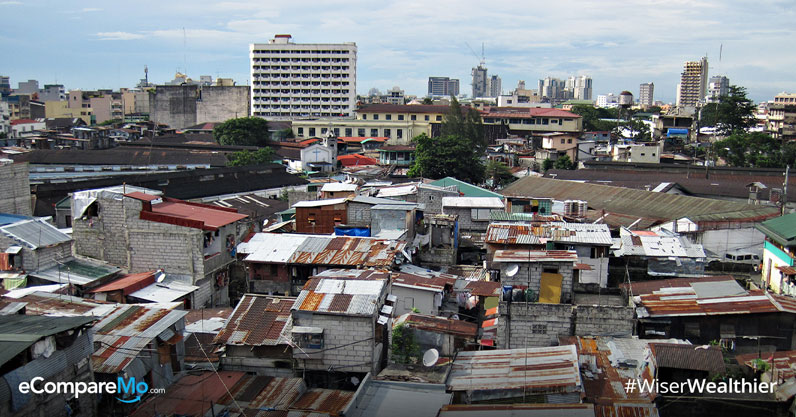Why Overseas Filipino Workers Remain Poor Even After Working For So Long
3 min read
Every now and then, you will hear success stories of overseas Filipino workers (OFWs) who “made it” out there: a shiny new house, a brand new car, small businesses, and a sizable savings account; not to mention the number of gold necklaces around their neck.
While some people actually get rich after toiling their years as workers overseas, some Filipinos come back empty-handed. And this isn’t just a single case among ten million overseas Filipinos who are working hard in other countries. Despite bringing in more than $ 12 billion in our national coffers, it seems that OFWs still remain poor. Why is that?
The statistics
According to a report by ABS-CBN News, about 60%–or roughly more than half–of OFW families remain financially challenged even with all the opportunities migrant workers have outside the country.
In the said article, Fr. Edwin Corros of the Episcopal Commission for the Pastoral Care of Migrants and Itinerant People revealed that among the challenges faced by OFWs include wages received are lowered than what’s promised, abusive employers, and other external factors that contribute greatly to the worsening economic situation of overseas workers. While these factors play greatly to an OFW’s plight, the biggest culprit in this whole phenomenon is still one person: the OFW himself.
Read: Investment Dos and Don’ts For Overseas Filipino Workers
Reasons why OFWs fail to save money
1. Balikbayan box mentality
Families of OFWs always wait for the day that their balikbayan box will finally reach their doorsteps. These sturdy boxes travel thousands of miles just to put a smile on the faces of OFW families: imported chocolates, canned goods, apparel, and other items bought by overseas workers during their stay there. While some people see the balikbayan boxes as manna from heaven, these boxes actually are one of the main culprits why OFWs remain poor. This reckless consumerism and tasteless display of wealth will only hurt your budget in the long run, and balikbayan boxes only satiate people’s short-time needs instead of building up to something good for the future.
2. One-day millionaire
Certainly, it is hard for OFWs to be away from home for a very long time, and the only time they can enjoy the local sights and sounds are whenever they come back in the country for a very short time. However, some OFWs tend to go overboard and blow their budget on a lot of unnecessary things: nightly parties, weekend getaways, shopping galore, gambling, and so much more–and all these uneconomical activities happen within the OFW’s short stay in the country. This whole one-day millionaire attitude exhibited by OFWs whenever they come back is a pitiful waste hard-earned money. What could’ve gone to something more profitable or lucrative has simply gone down the drain in their stint back in the country.
3. So much bling
There is one dangerous thing whenever an OFW, or anyone for that matter, start to earn money: the impulsive urge to display their earnings. Whether in the form shiny gadgets like smartphones and computers, new cars, house and lot, and other ostentatious display of wealth. People who are savvy with their finances would rather put their money in the right place like a savings account or other vehicles of investment. However, OFWs who need the approval of others to recognize that they’re in a much better status now often fall into this trap. Unfortunately, these things are merely temporary as stuff like cars and gadgets tend to depreciate sharply and assets like homes do not generate money for the family.
4. All remittance, no savings
Fun fact: OFWs are one of the main reasons why the country’s economy stays afloat even after during global crises. With more than USD 12 billion in remittances poured in our budget annually, remittance is a huge thing for Filipinos. However, sending all their earnings back in the country is probably one of the main reasons why they cannot save money out of their salaries. Why does this happen? For some reason, families of OFWs experience an increase in their monthly spending, thus prompting them to ask for more remittance to cover their expenses. Families think that having an OFW member of the household entails lavish lifestyle.
Read: Top 5 Ugly Filipino Traits That Are Bad For Our Financial Health
These are just some of the main problems that prevent OFWs from becoming rich. Fortunately, these pitfalls can be avoided by OFWs and their families if they are savvy enough when it comes to their finances. Good budgeting, coupled with prudent money habits, can definitely pull their families out of poverty in no time.
